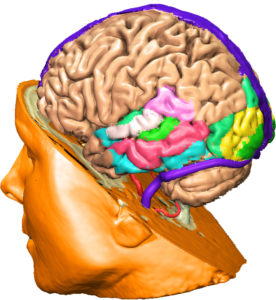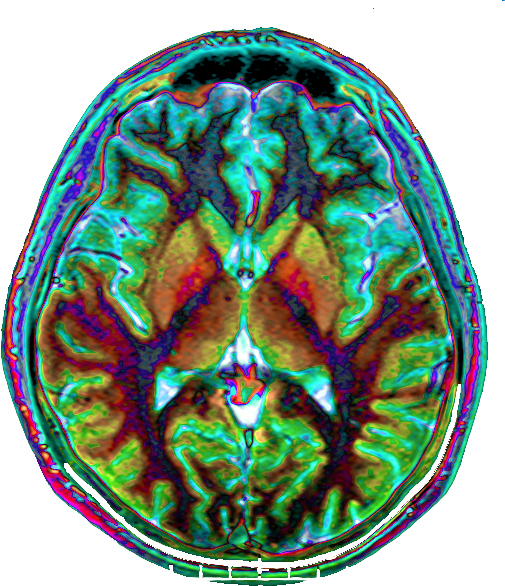This Fall semester, Sinclair Community College has become the second college in the state of Ohio to offer an electroneurodiagnostic (END) degree. While the electroneurodiagnostic technology has been around for some time in various dated forms, it is advancing into a life-saving and sophisticated field that is in high demand for students and employees.
Melissa Struewing, who is the head of this new degree and technology at Sinclair, sees this field as a great fit for many students with an interest in the medical world.
Sinclair’s two-year degree in Electroneurodiagnostics will cost approximately $11,000 total and after becoming board eligible, the approximate entry level annual salary is $44,000. The average annual salary for neurodiagnostic technologists nationwide is $65,000, but someone who is self-employed, full-time in neurodiagnostics can make over $120,000 yearly.
The electroneurodiagnostic field may be in high demand, as all of the hospitals in the Dayton, Ohio area are hiring, but Dayton is certainly not the only place to kick-start your career.
According to Struewing and her sources, “by 2020 this field is projected by the Bank Board Bureau to produce something around 30,000 jobs across the nation”.
“A lot of people assume with a degree in electroneurodiagnostics that you will work in sleep, which would be a night position, but there are a lot of options besides sleep. You could work in a hospital, a doctor’s office, you can also work from home if you have the equipment setup and some people go and work in other people’s homes doing home health care for a long term study,” says Valerie Mayfield, the Administrative Assistant of the Psychology Department.

To summarize what a neurodiagnostic technologist does, they collect and analyze data on the patient for the physician. The patients a neurodiagnostic technician may see can range from a newborn to someone elderly and most commonly their patients will have some kind of neurological disorder or disease, such as epilepsy or a brain injury.
To be more precise, they are monitoring the nervous system’s functions to ensure when they operate on a patient, they are effectively treating them and avoiding high-risk situations.
With a two-year degree in Electroneurodiagnostic Technology at Sinclair, students with gain special skills in electroencephalogram (EEG), intraoperative neuromonitoring (IONM), evoked potentials (EP), nerve conduction studies (NCS), long-term monitoring (LTM) and polysomnography (PSG),“ Struewing said.
To cover a couple of the previously mentioned skills a little more in-depth, an electroencephalogram is used to record electrical activity in the brain so it can diagnose symptoms and evaluate health. Intraoperative neuromonitoring is used to monitor the patient’s nervous system during a surgery, so the neurodiagnostic technician can inform the surgeon on the patient’s state.
If a degree in Electroneurodiagnostics is something you would like to pursue or consider, go to Sinclair’s website, talk to your advisor or email Melissa Struewing if you have any questions.
Hannah Hamlin
Reporter
